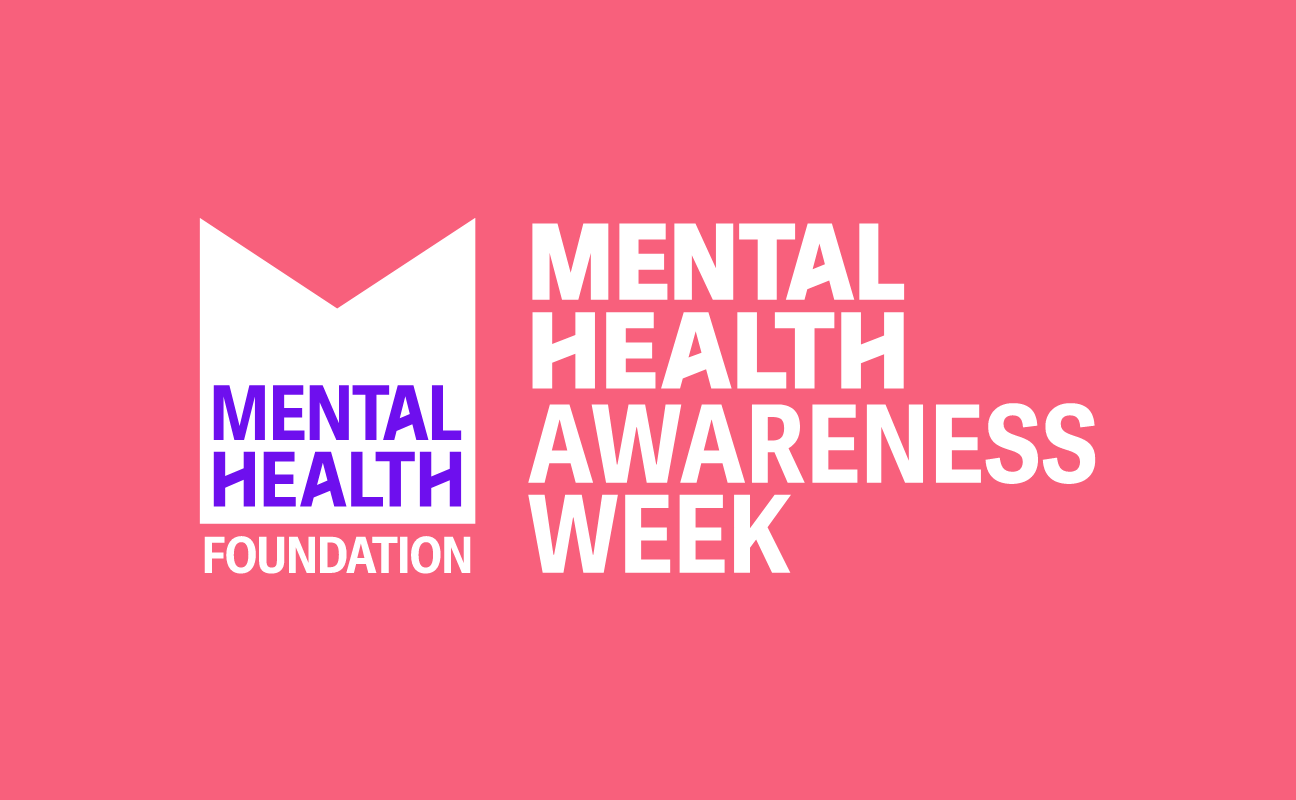It’s Mental Health Awareness Week again. We look forward to this week every May since we first launched the campaign in 2001. Over the years it has grown to be a prominent fixture in the calendar of not just the mental health sector but more widely with schools, workplaces, and organisations of all kinds getting involved. It’s a chance to get the whole of the UK focused on mental health, the things that help to protect and nurture it, and encouraging greater openness about our experiences of poor mental health.
This year we’re focusing on moving more for our mental health, but why is this our chosen theme?
We know that even the thought of starting “exercise” can be off-putting to many people and that’s why we’re focusing on movement to make you feel good. At a very basic level, physical activity means any movement of your body that uses your muscles and expends energy. One of the great things about moving more is that there are possibilities to suit almost everyone.

Benefits of movement for mental health range from improved mood, reduced anxiety, lowered inflammation and stress, improved memory and concentration, increased confidence, improved sleep and even increased social connectedness.
Often dubbed the ‘miracle cure’, movement is also one of the few proven routes to prevent poor mental health. A study of over one million Americans on the association between physical and mental health found regular movers reported 12-23% lower levels of mental health problems than sedentary participants when matched for gender, income, and other factors.
If you are just starting out, have caring responsibilities, or work long hours, it’s important to remember that even short bursts of movement are beneficial. As little as 15 minutes of movement a day has been shown to positively impact mental health (although the more often we move, the bigger the benefit).
Considering the many benefits of moving, can you think of anything else that could have the same protective power and mental health benefits?
If you ask people about movement and physical activity, the vast majority will say that it benefits both physical health and mental wellbeing. In fact, we did ask and more than eight in ten people shared that opinion. If we understand that it’s good for us, why are so many of us not able to incorporate regular movement into our daily lives? That is what we wanted to explore in our report published today.
We polled 6000 adults across the UK and conducted focus groups so we could speak directly to people who live at an increased risk of poor mental health. This included parents, young people, asylum seekers and refugees, and people living with long term health conditions. We wanted to better understand the barriers to movement and, in turn, the barriers to one of the most powerful actions available to us to protect our mental health.
In theory movement should be readily available to everyone. But as with many things we can do as individuals to protect our mental health, it is much easier to be physically active if we feel secure in our homes, have adequate income, are not living with a long-term health condition and are not subject to racism or discrimination. This was confirmed in our Mental Health Awareness Week research when we found common barriers like the weather, costs, feeling too tired, stressed or anxious are more likely to be a hurdle for people who are already facing disadvantage in their lives. We found people needed more support to find local activities and at a low cost.
There are also challenges that come with modern living. While technological advancements bring many conveniences it also means that now, more than any time in human history, we can survive, work, engage in hobbies, see our friends and family… all without doing any physical movement at all. By not having to move out of necessity, many of us struggle to do the minimum amount of movement set out by the World Health Organisation (150 minutes a week).
So, what can be done?
Being able to protect our own mental health is not a luxury. Too many of us are denied the chance to do things that are good for mental health because of the wider circumstances of our lives. Recognising the barriers to movement people face is a vital first step and we need our local and national governments to be active encouraging more movement, levelling up access and tackling barriers and we’ll be taking that message to our parliaments this week. Movement is too powerful a force for our mental health for people to miss out on.
Mental Health Awareness Week is also an important time to explore the ways we can support each other to find our #MomentsForMovement and get the most mental health benefits from movement. We need to find things we enjoy. If it's fun, we'll want to keep doing it. Connecting with others, getting out in nature, planning activity to look forward to are all evidence-based tips we're sharing to help people squeeze the mental health benefits from movement.
So, we want you to find the movement that’s right for you. We invite you to share your #MomentsForMovement, ideas and talk about how it makes you feel. Tag the Mental Health Foundation to be part of the #MentalHealthAwarenessWeek conversation.
- Instagram: @mentalhealthfoundation
- Pinterest: @ukmentalhealth
- LinkedIn: @mental-health-foundation
- Facebook: @mentalhealthfoundation
- X: @mentalhealth
Related content
Boost your mental health through movement
Read our tips to help you get moving more for your mental health. Available in English and Welsh.
Moving more is good for our mental health, so what's stopping us?
Read our in-depth report looking at the benefits and barriers for moving for our mental health.
Mental Health Awareness Week
Explore all the ways that you can get involved in this year's campaign
Find out more
